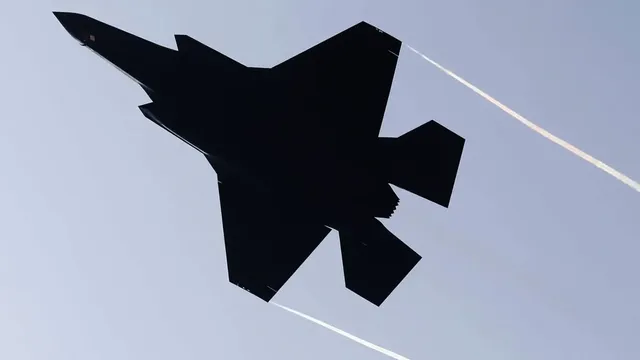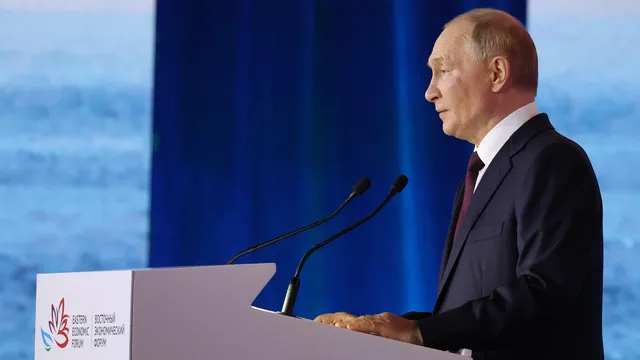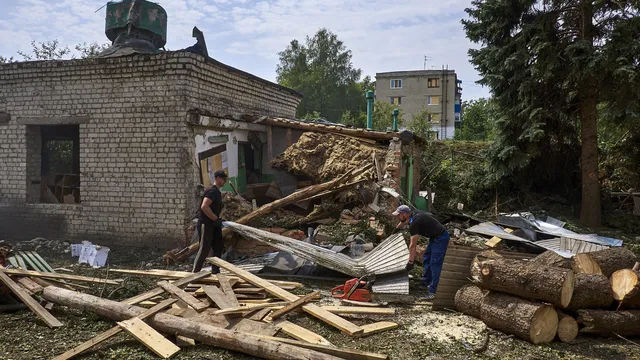Israel has carried out “preemptive” strikes against Iran, targeting nuclear sites and military positions, despite US President Donald Trump warning of a possible “major conflict” in the region.
Powerful explosions were heard in Tehran this morning. Iran's air defense system has been put on “100 percent combat alert,” state media reported. The IDF (Israeli Defense Forces) announced the end of the “first phase” of the attack, AFP reported.
Israel declared a state of emergency. Defense Minister Israel Katz warned that an Iranian retaliatory strike was expected:
“Following the preventive strike by the State of Israel against Iran, we expect a missile and drone attack against the country and its civilian population in the coming hours,” he said.
Oil prices jumped by up to 6% immediately after the attacks. They came days after President Trump warned that Iran was preparing an attack and announced the withdrawal of US military personnel from the region.
“I don't want to say it's inevitable, but it seems like something that could happen very soon,” Trump told reporters at the White House on Thursday when asked if an Israeli strike against Iran was imminent.
He said a “pretty good” deal on Iran's nuclear program was in the works, but an Israeli strike could derail the progress made. “I don't want them to go in there because I think it will blow everything up,” Trump said of his phone call with Israeli Prime Minister Benjamin Netanyahu earlier in the week. But he added: “It could help. But it could also blow everything up.”
A US administration official revealed that the US did not participate in the Israeli strikes against Iran. This was later confirmed by Secretary of State Marco Rubio, who called on Tehran not to attack US interests and military personnel in the region.
The US announced on Wednesday that it was reducing its embassy staff in Iraq, a long-standing arena for proxy clashes between Washington and Tehran.
Israel, which relies on military and diplomatic support from the US, views the regime in Tehran as an existential threat. Last year, massive strikes were already carried out against Iranian air defense systems.
After the unprecedented attack by Hamas on October 7, 2023, supported by Iran, Netanyahu said Israel would act with less restraint. The attack triggered a large-scale Israeli offensive in the Gaza Strip.
The US, Israel, and other Western countries have for years accused Iran of seeking to develop nuclear weapons, something Tehran has consistently denied.
After the International Atomic Energy Agency (IAEA) accused Iran of failing to meet its obligations, Israel again called for international action.
The IAEA resolution could pave the way for European countries to activate the so-called “snapback mechanism” of sanctions, which expires in October and was part of the 2015 nuclear agreement negotiated by President Obama. Trump unilaterally withdrew from this agreement during his first term and imposed new sanctions on Iran. Trump unilaterally withdrew from this agreement during his first term and imposed new sanctions on Iran.
Iran is already enriching uranium to 60%, well above the 3.67% limit set in the 2015 deal and alarmingly close to 90%, the level needed to create a nuclear warhead. | BGNES

 Breaking news
Breaking news
 Europe
Europe
 Bulgaria
Bulgaria







